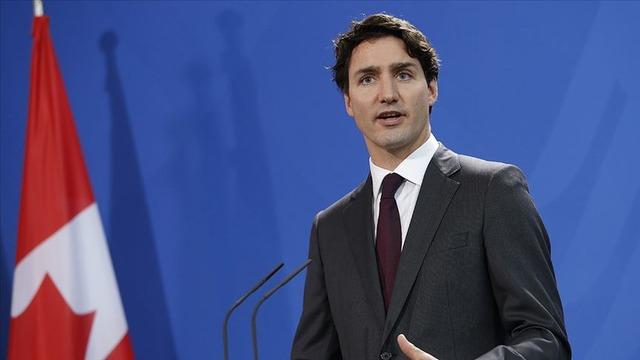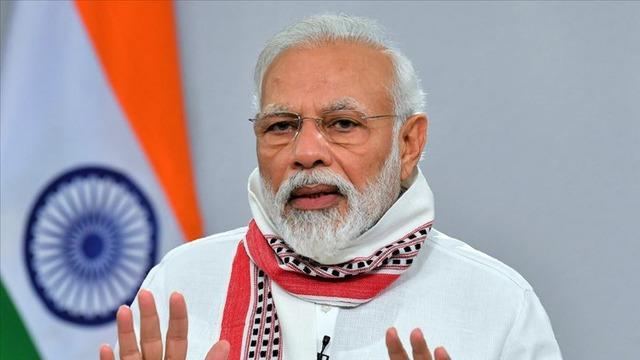Tensions are escalating between India and Canada, sparked by the murder of a separatist Sikh leader in Canada. India stopped visa procedures in Canada and called on its citizens in this country to be cautious.
The crisis began this week when Canada said it was investigating “credible allegations” that India may have played a role in the killing of the separatist Sikh leader.
India rejected the allegations, calling them “nonsense”.
Experts say that the tension in relations, which has already been experienced for months, has escalated to its highest point with this incident.
It was announced on Thursday on the website of BLS, which carries out visa procedures, that India stopped visa procedures in Canada.
“Important announcement from the Indian Diplomatic Representation: Visa procedures for India have been suspended until further notice as of September 21, 2023, for operational reasons,” the statement said.
Yesterday, India warned its citizens traveling or living in Canada to “be very cautious” due to “increasing anti-India activities, politically tolerated hate crimes and crime-related violence in Canada”.
The Delhi administration had also recently noted that some of these threats were directed at its diplomats and “people who oppose anti-India campaigns”.
India is the country that sends the most students to Canada. 40 percent of the 320 thousand foreign students who went to Canada in 2022 were Indian citizens.
India has denied any role in the killing of the Canadian Sikh leader.

HOW DID THE CRISIS ESCAPE? WHY ARE SIKHS ON THE AGENDA?
Canadian Prime Minister Justin Trudeau said on Monday that intelligence agencies are investigating whether “Indian agents” played a role in the murder of Sikh separatist Hardeep Singh Nijjar, whom India declared a “terrorist” in 2020, and noted that there were “credible allegations” in this regard.
Nijjar was killed in his car by two masked men in British Columbia, Canada, on June 18.
“A foreign government’s involvement in the murder of a Canadian citizen on Canadian soil is an unacceptable violation of our national sovereignty,” Trudeau told parliament.
India responded harshly to these statements and noted that Canada made such allegations to hide the fact that it was protecting Sikh separatists, whom it described as “Khalistan terrorists”.
The Indian government generally reacts very harshly to Sikh separatists expressing their demands for a separate Sikh homeland (Khalistan) from India in Western countries.
The Khalistan movement, which grew in India in the 1980s, waged an armed uprising in the Punjab state, whose population was predominantly Sikhs.
WHY DO SIHs WANT TO ESTABLISH A STATE?
Hardeep Singh Nijjar: Separatist Sikh leader whom Canada said ‘India may be behind his killing’.
After this uprising, which was suppressed by force, separatist demands do not seem to be on the agenda in India today, but they are still effective in countries with significant Sikh diaspora populations such as Canada, Australia and England.
Canada is the country with the most Sikhs outside India. Around 780 thousand Sikhs living in this country constitute 2 percent of the total population, and protests and demonstrations of the Khalistan movement are frequent.
In June, India officially conveyed to Canada its concerns about the life safety of its diplomats in this country.
